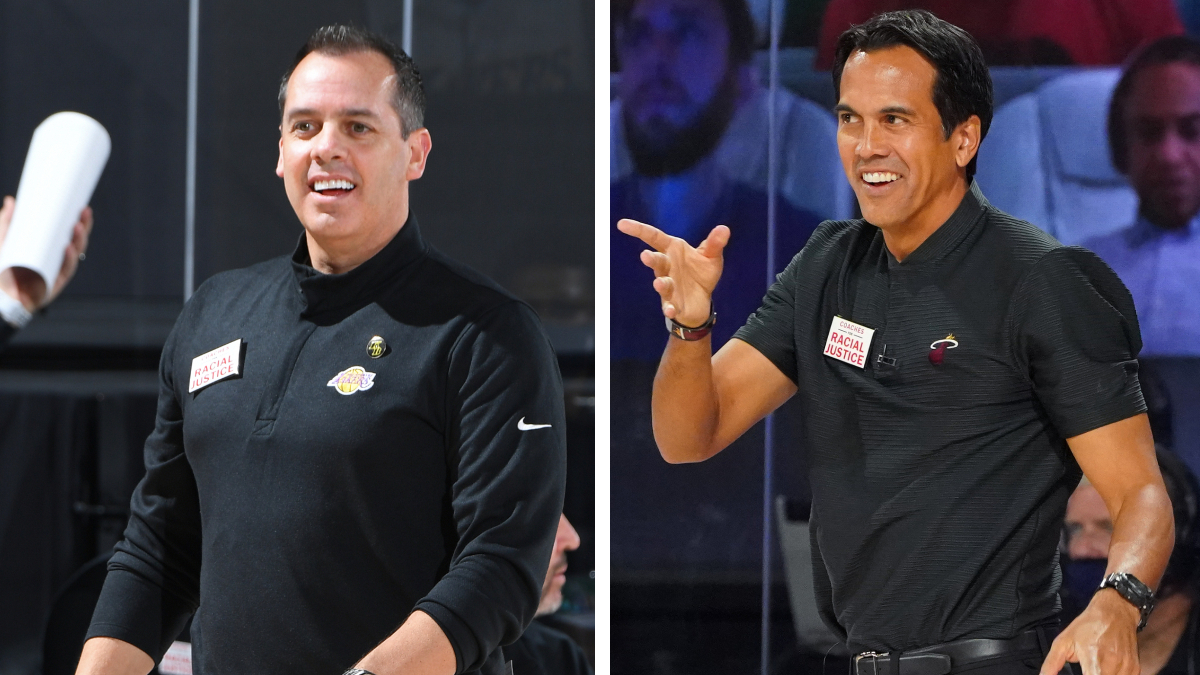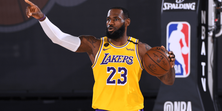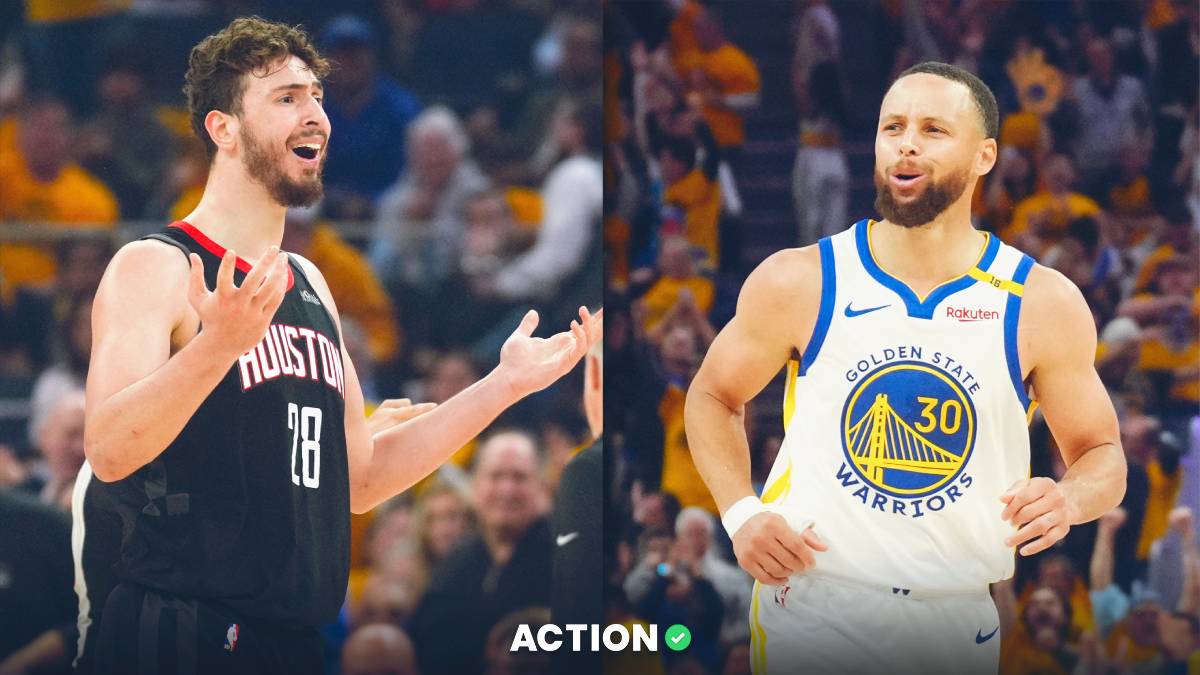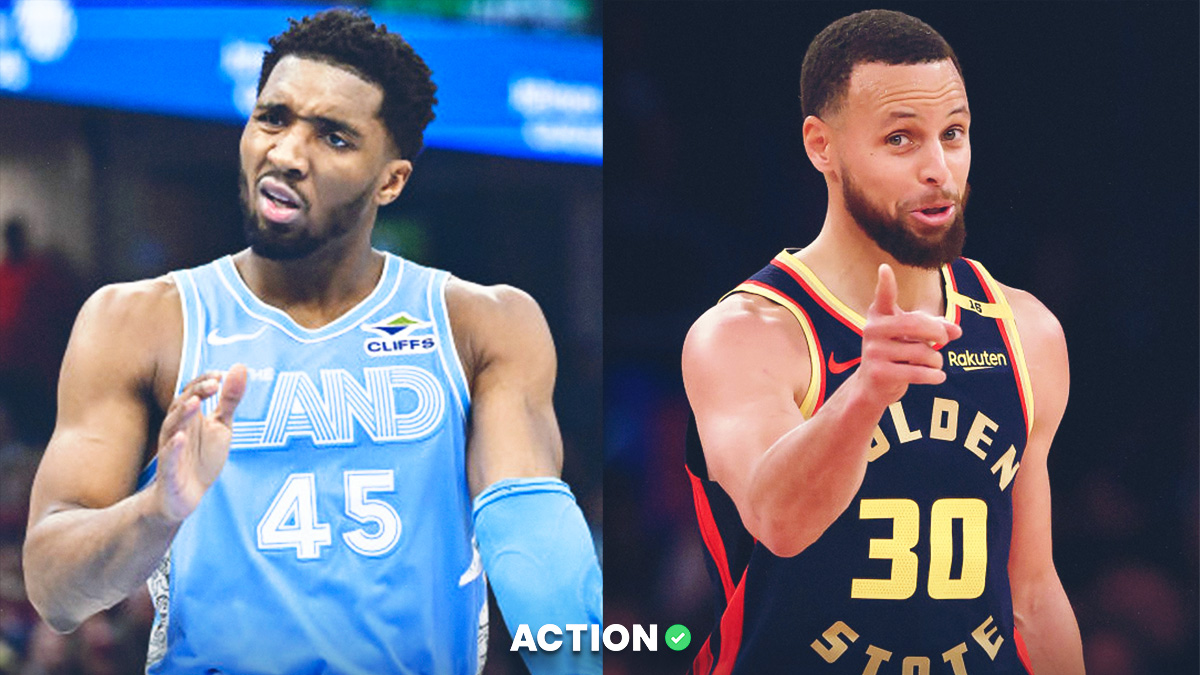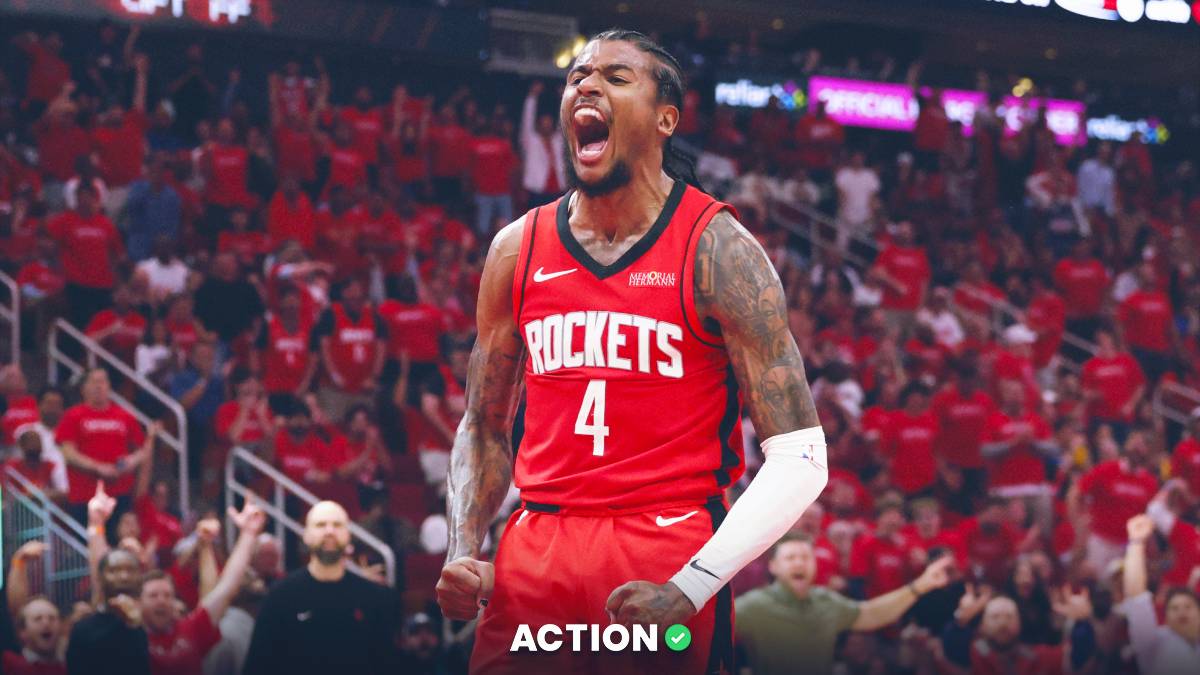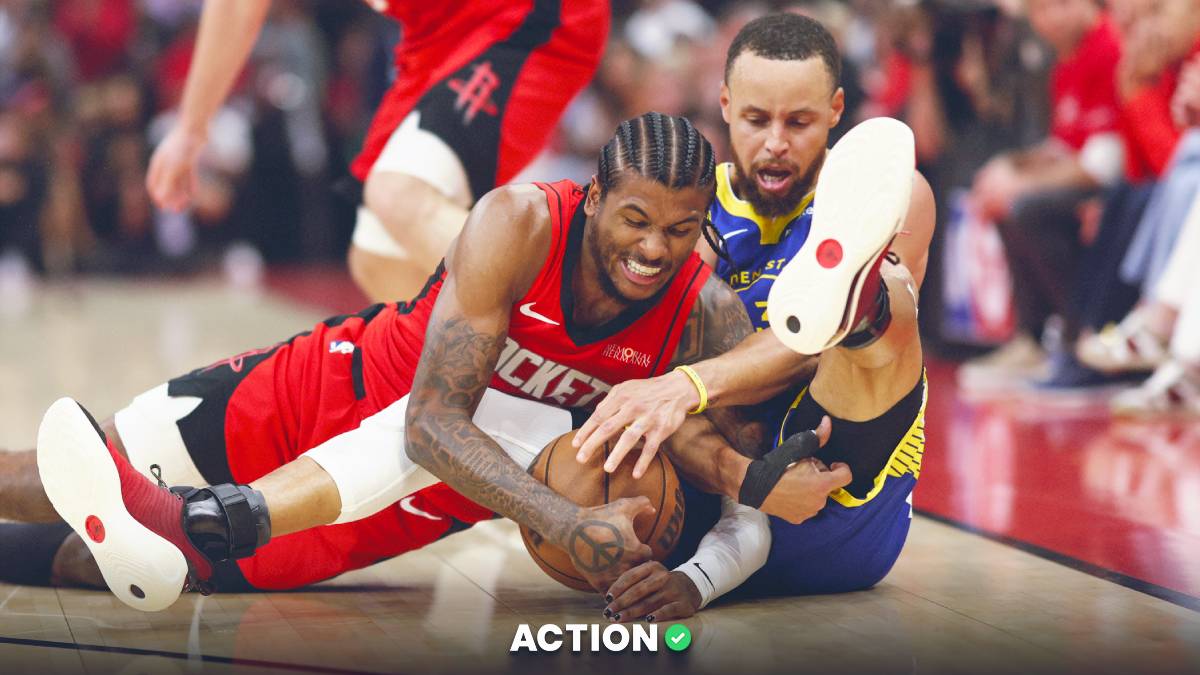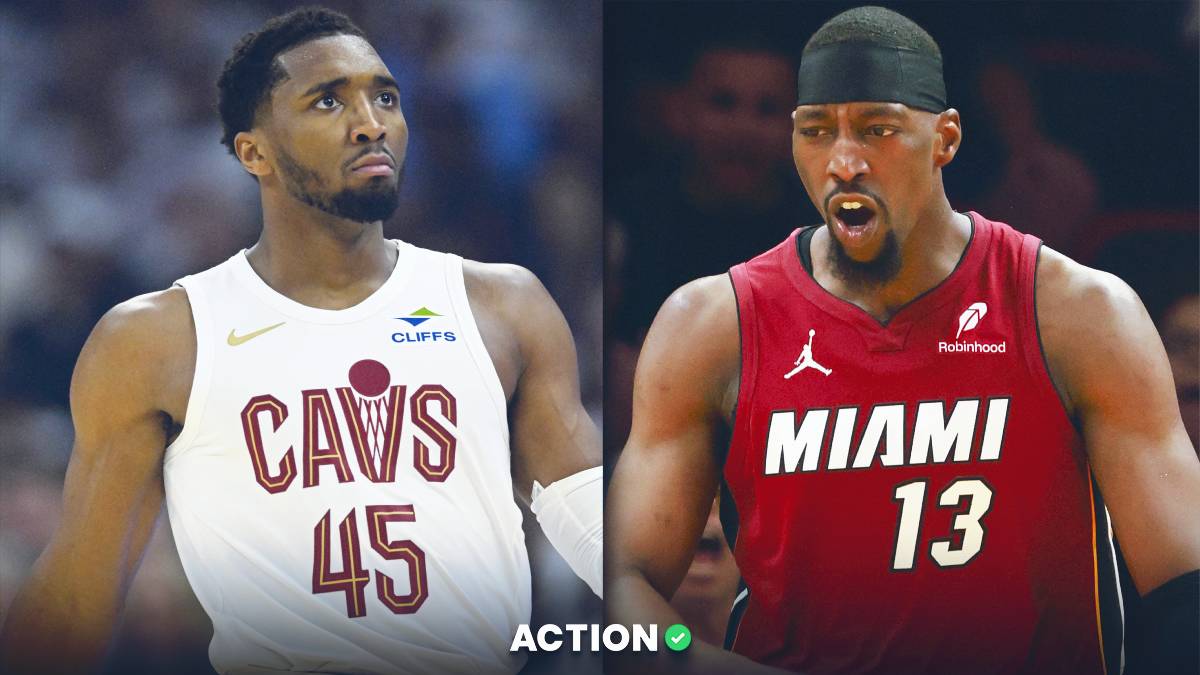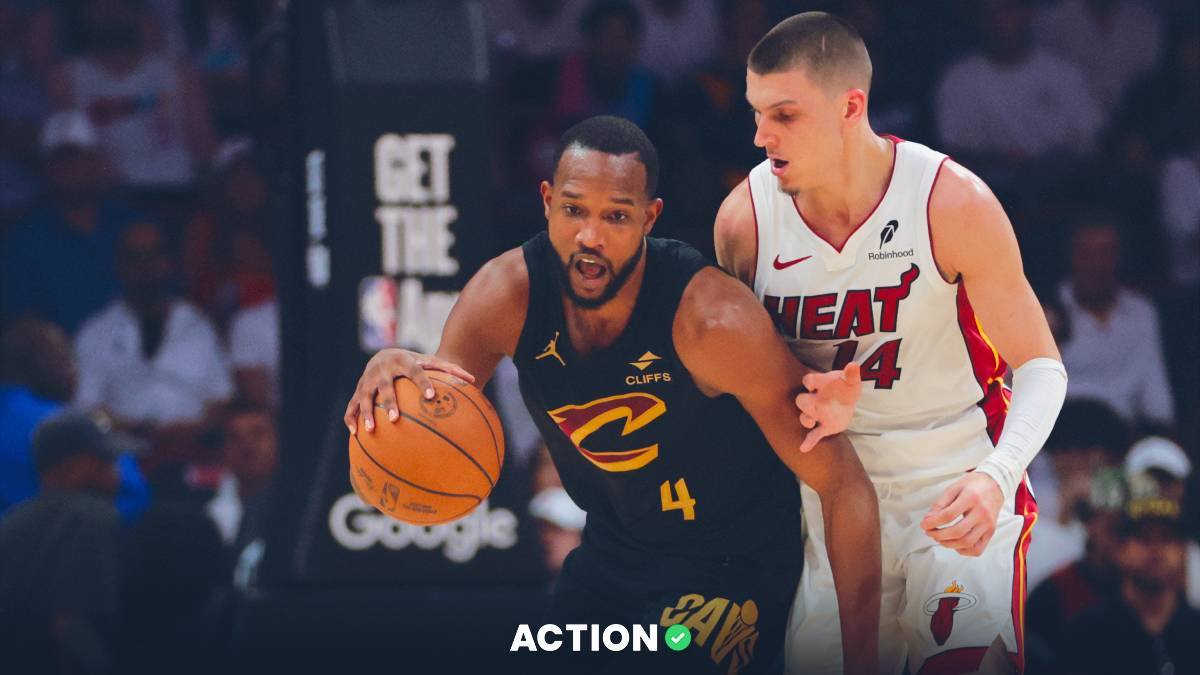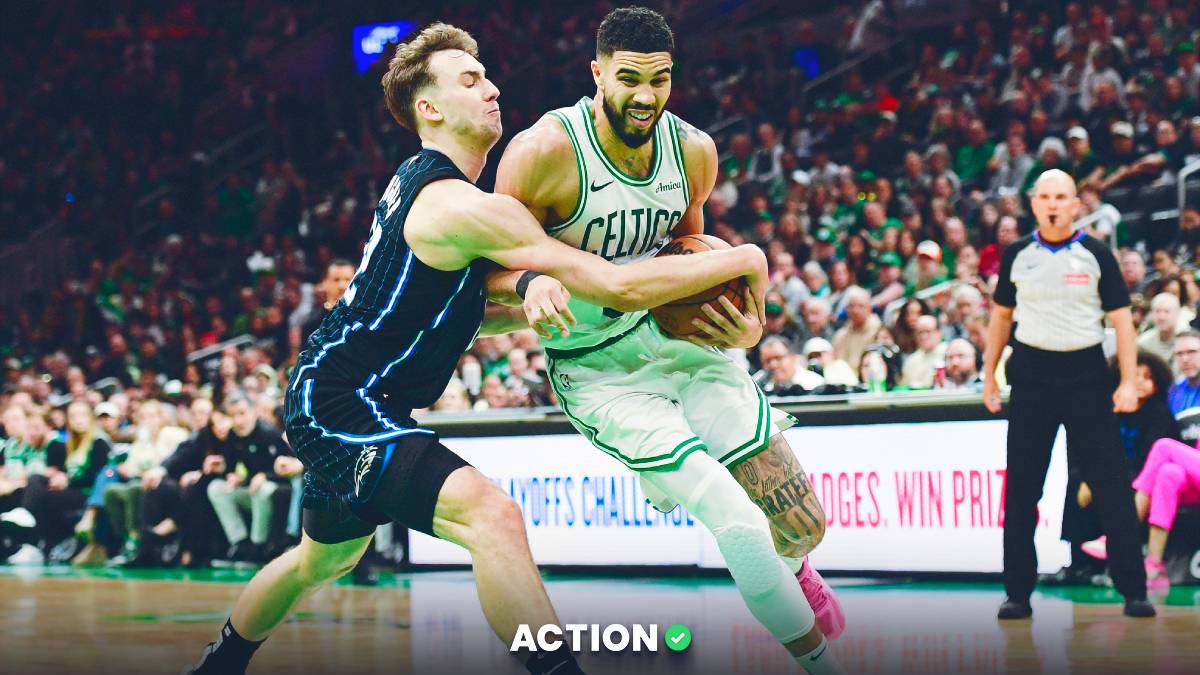The text was unprompted, succinct, and insightful.
"I don't think there's ever been a less 'Lakers Coach' Lakers coach in the Finals than Frank Vogel," a league source texted after the Los Angels Lakers advanced to the Finals last week.
There's no Zen Master. There's no Showtime Pat. There's no big personality at the helm, and the same is true on the other side for the Miami Heat.
Vogel spent two seasons as a scout with the Lakers in the 90s, but other than that, he's a basketball lifer who has been all over. His first head coaching job came when Jim O'Brien was fired from the Indiana Pacers, with Vogel taking over and coaching the team to the doorstep of the Finals, only to be stopped by none other than LeBron James.
Vogel went on to coach a rebuilding team in Orlando. He left after two seasons with twice as many losses as wins. When he was hired by the Lakers there was an air of disbelief and a constant side-eye towards assistant Jason Kidd.
He's done his time in video rooms, on the road, on the backbench, and in the spotlight.
Vogel has suffered from the same misconception that so many of James' coaches have: The idea that as long as you have the game's best player, everything else is easy. But Vogel is as responsible for the Lakers' success as anyone who isn't James or Rich Paul.
The Lakers' real strength this season has been their defense, and defense in the NBA is systemic. Vogel's teams have been great defensively going back to his days in Indiana. He has managed the egos on the team while staying out of headlines. You could not have asked more from a Lakers coach in his first season.
LeBron on Frank Vogel: "He’s been great. He’s been unbelieveable. It’s been a crazy obstacle course for our franchise this whole year … he’s been able to manage it this whole time. He’s always been the anchor."
— Mike Trudell (@LakersReporter) September 27, 2020
Vogel has proven consistently that he can solve problems presented to him, making adjustments against the Heat with the Pacers and against the Houston Rockets and Denver Nuggets this season.
The downfall of so many coaches has been their inability to move beyond their principles (see: Mike Budenholzer and Doc Rivers), but Vogel has never held such limitations. He is blessed this year with a top-heavy team. James has to play 40 minutes, Anthony Davis has to play 40 minutes and from there, Vogel can adapt to what his team needs.
In Round 2, it was Markieff Morris playing more minutes. In the Western Conference finals, it was Dwight Howard. Vogel has introduced zone when needed, and has a defense that can throw any coverage at pick-and-rolls.
The offense for Vogel is always the trick. With the Pacers and Magic, he was overly reliant on post offense, even as it was fading in the modern game. The Lakers' halfcourt offense is pedestrian. But Vogel also doesn't overcomplicate things. He bludgeons teams with his best players, whether it's Paul George, David West, Nikola Vucevic, or James and Davis.
Vogel enters these Finals unassuming, direct, and capable. Of all the controversy surrounding the Lakers' offseason decisions over the past three years, this was a certifiable hit.
You've heard the stories before about Erik Spoelstra, the video room kid who grew up under Pat Riley and Stan Van Gundy. The young coach who was nearly fired several times during James' tenure.
But no one exemplifies the Heat culture quite like Spoelstra. Professionalism, cleverness, and hard work.
Spoelstra never achieved adequate respect. He was a great coach after Van Gundy left the organization and helped set them up for the great 2010 free agency coup. During the Triad Era (James, Dwyane Wade, Chris Bosh), he navigated an incredible amount of spotlight for such a young coach, and let's be direct: making those three work together on the floor took far more ingenuity than anyone wanted to credit him for because of their talent.
Getting good players to play together isn't the hard part. Getting good players to play together in a way that maximizes their respective strengths is the tough part, and Spoelstra did it to the tune of four NBA Finals appearances and two titles.
Spoelstra was out-coached by Rick Carlisle in 2011, and never again. You cannot point to a single series afterward that he did not make whatever adjustments were called for, win or lose. Spoelstra, under the radar, was the advocate for the Bosh-at-Five small-ball that helped the Heat counter the San Antonio Spurs and Vogel's Pacers.
And yet, just three years ago, there were discussions about whether Brad Stevens, with no Finals appearances, let alone titles, was worth more than any star player. Spoelstra was not talked about as one of the elites.
“I’m not gonna sit up here and act like I don’t know what Spo is all about. Cause he’s damn good”
LeBron pays Erik Spoelstra the ultimate respect 💯 pic.twitter.com/JUq8tZkq8w
— Bleacher Report (@BleacherReport) September 29, 2020
Well, you had better start talking about him now.
Forget what he did with developing Tyler Herro, or integrating Jimmy Butler instantly, or the navigation of Bam Adebayo in the offense, or how he's been at the forefront of using zone.
Look at this postseason. The Heat caught us by surprise by reaching the Finals not because we thought this team wasn't good, but because we hadn't seen it in full force.
They traded for Andre Iguodala and Jae Crowder in early February and the season was suspended in mid-March. We never really saw this version that came out firing in the bubble. Spoelstra and his bench have built an entirely different team with more veterans while still using youngsters like Herro and trusting them in huge moments.
If you asked me to identify the biggest danger for the Lakers in these Finals, it would be they are facing the kinds of teams that have defeated James in the past, outside the Warriors' outlier context. The Spurs in 2007, the Mavericks in 2011, the Spurs again in 2014; these teams didn't have the best player in the series, that was James. What they had were coaches who knew how to make their teams better than James' talent.
And now Spoelstra has built such a team. Butler deserves his fair share of credit for what has transformed the Heat into a championship contender. But behind all that is the groundwork that has remained stable in Miami where so many other empires have risen and fallen.
Spoelstra isn't overrated, he's barely rated at all.
He's also one of the best coaches we've ever seen, and his appearance in the Finals this season is proof.
For a coaching edge, I lean towards Spoelstra. He has more options at his disposal, the Lakers roster is more one-dimensional. Spoelstra has more trust and more upside on his roster.
Spoelstra has also proven a willingness to think outside the box, to reframe the basketball questions at hand in such a way that leaves his opponent grasping for straws. Vogel on the other hand is a genius at finding the fastest way from A to B. If the Lakers win, it will be because Vogel enabled the team to be simply better. If the Heat win, it's because they found a tactical advantage to attack.
Both coaches deserve to be here. And will neither man will be on the cover of their own New York Times bestsellers, or magazines, they're both ready to bring everything they have to what already feels like an epic NBA Finals.


